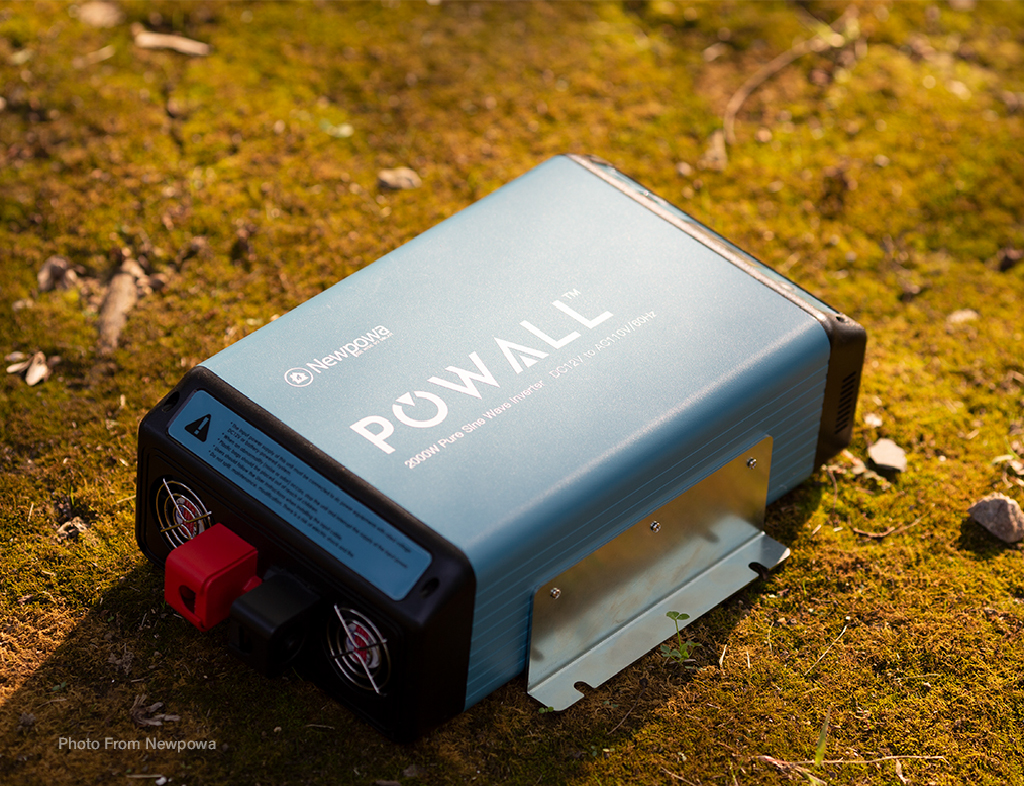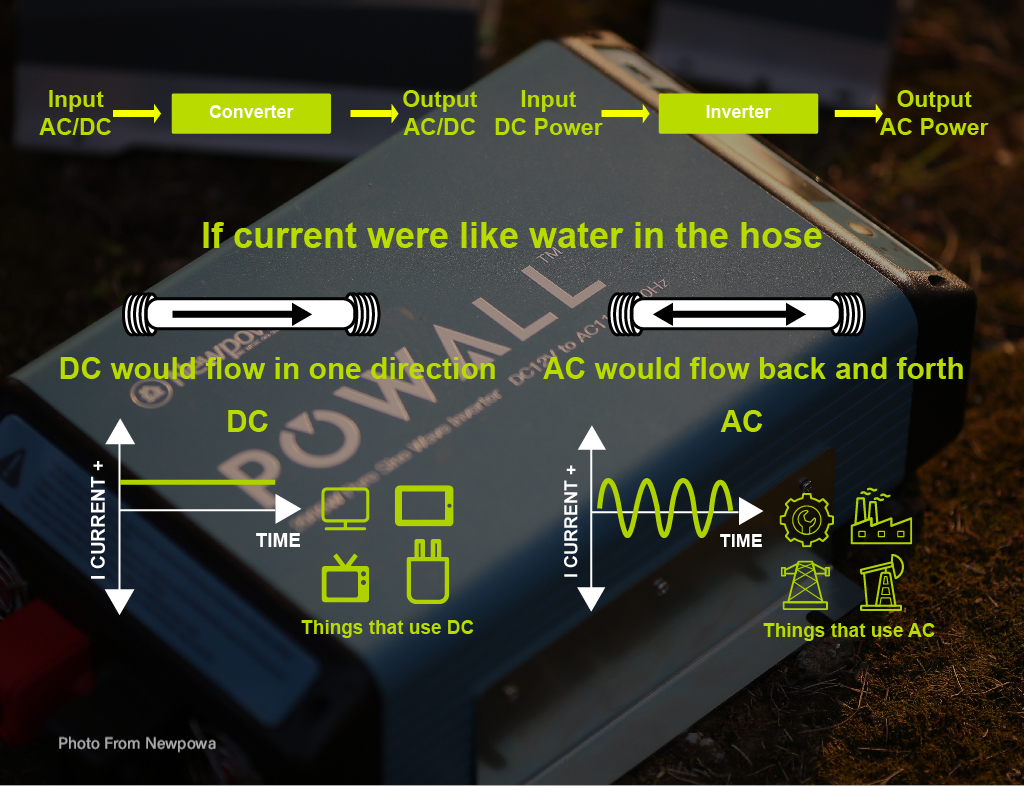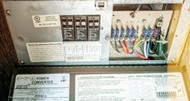INVERTER OR CONVERTER: WHAT'S THE DIFFERENCE?
8th Jul 2024
The terms "inverter" and "converter" are often used interchangeably in the context of electrical systems, but they serve different purposes and perform distinct functions.

A converter is typically used to change the form of electrical energy from one voltage or frequency to another. In the context of solar power systems, a converter is commonly employed to convert alternating current (AC) to direct current (DC). This process is essential for ensuring compatibility between the electricity generated by solar panels, which is typically in DC form, and the appliances or devices that operate on AC power.
On the other hand, an inverter serves the opposite function. It converts direct current (DC) electricity into alternating current (AC). In solar power systems, inverters play a crucial role in converting the DC electricity generated by solar panels into AC electricity that can be used to power household appliances, electronics, and other devices.
In summary, the primary difference between an inverter and a converter lies in their function and the direction of energy conversion. A converter is typically used to convert AC to DC, while an inverter is used to convert DC to AC. Both components are essential for the operation of solar power systems, ensuring efficient energy conversion and compatibility between different electrical devices and components.

Understanding the distinction between inverters and converters is essential for designing, installing, and maintaining solar power systems effectively. By selecting the appropriate components and ensuring compatibility, homeowners and installers can optimize the performance and reliability of their solar energy systems, ultimately maximizing the benefits of clean, renewable energy.
Be Wise, Go Solar!
